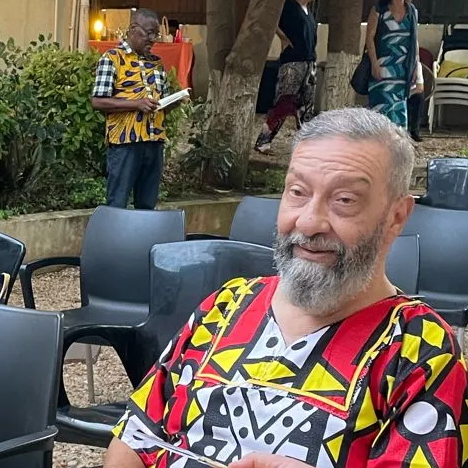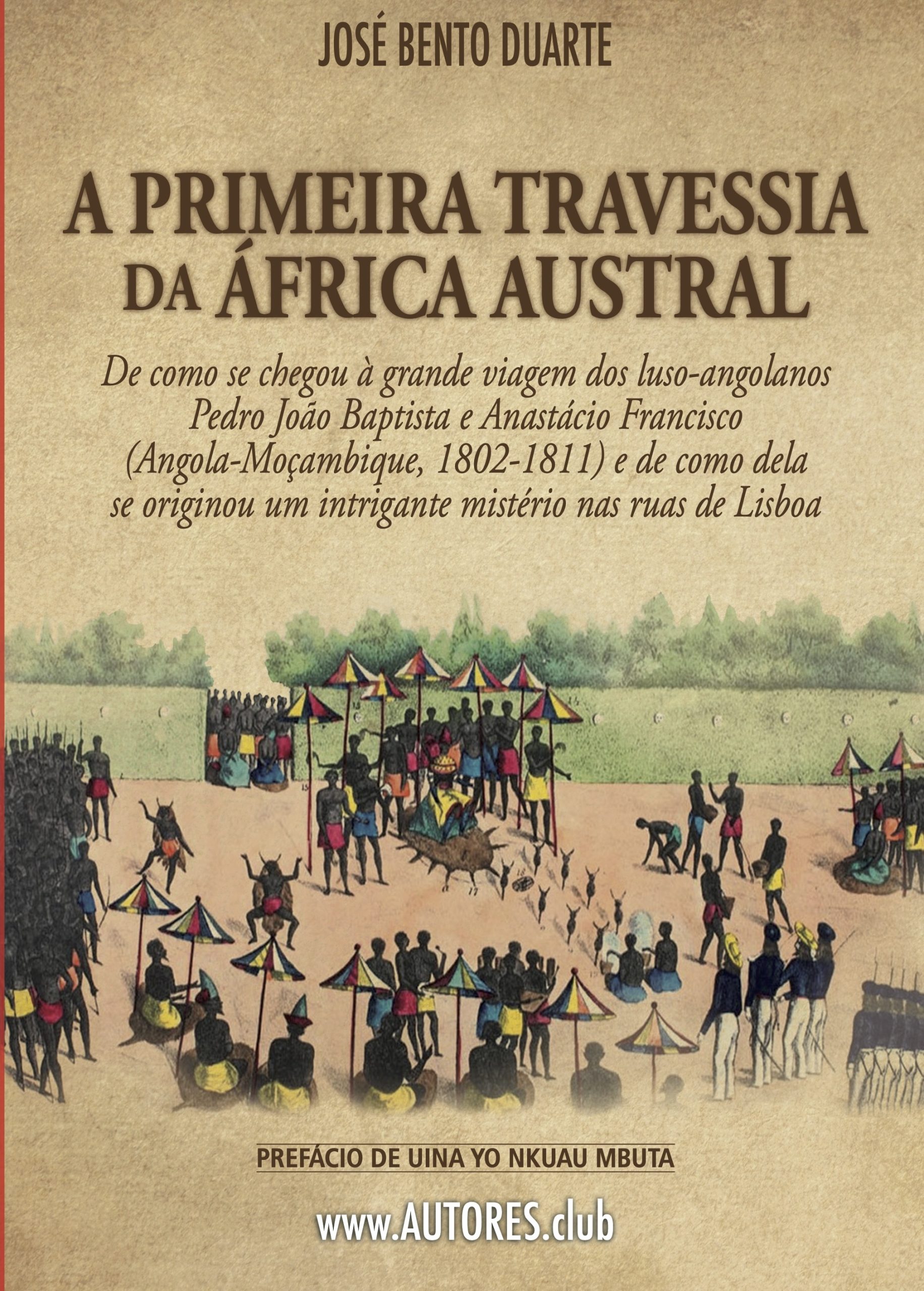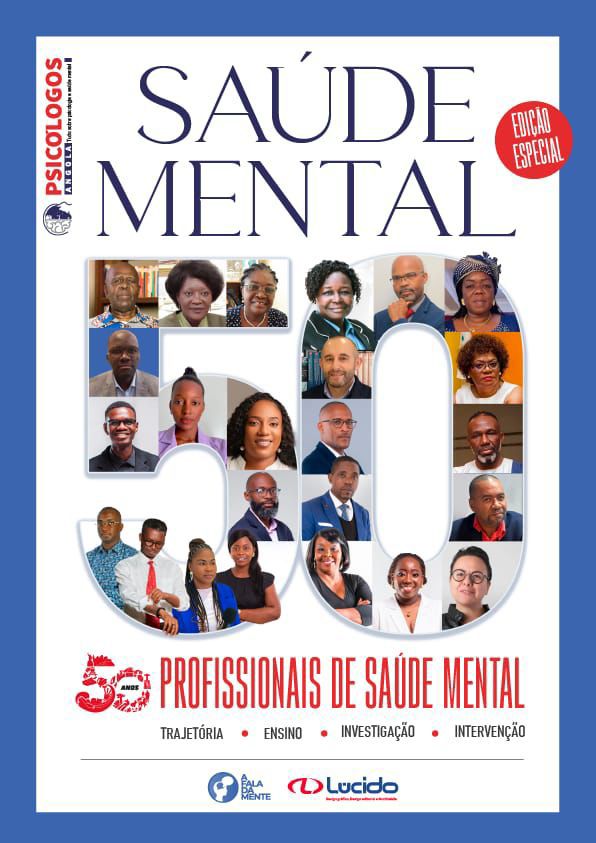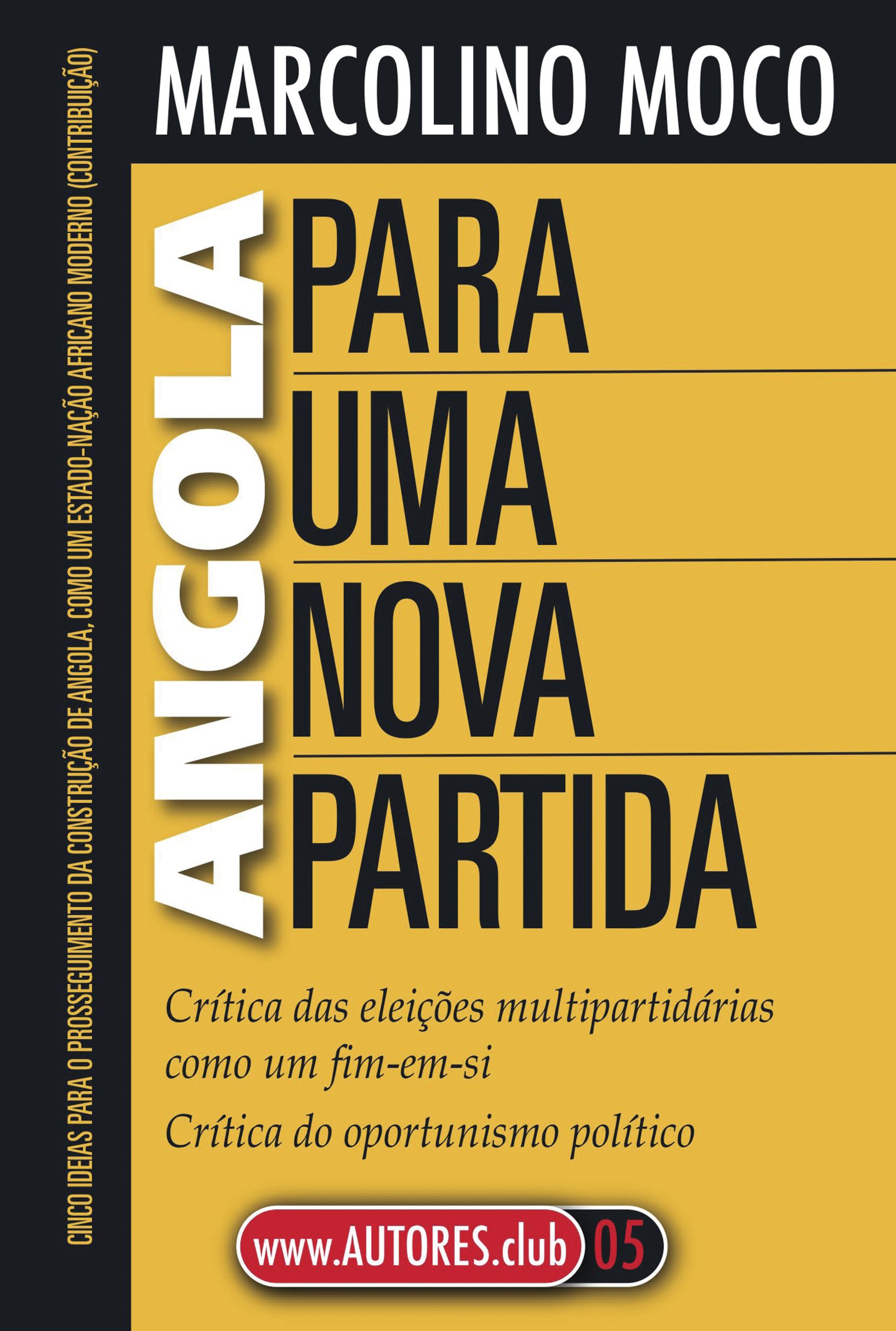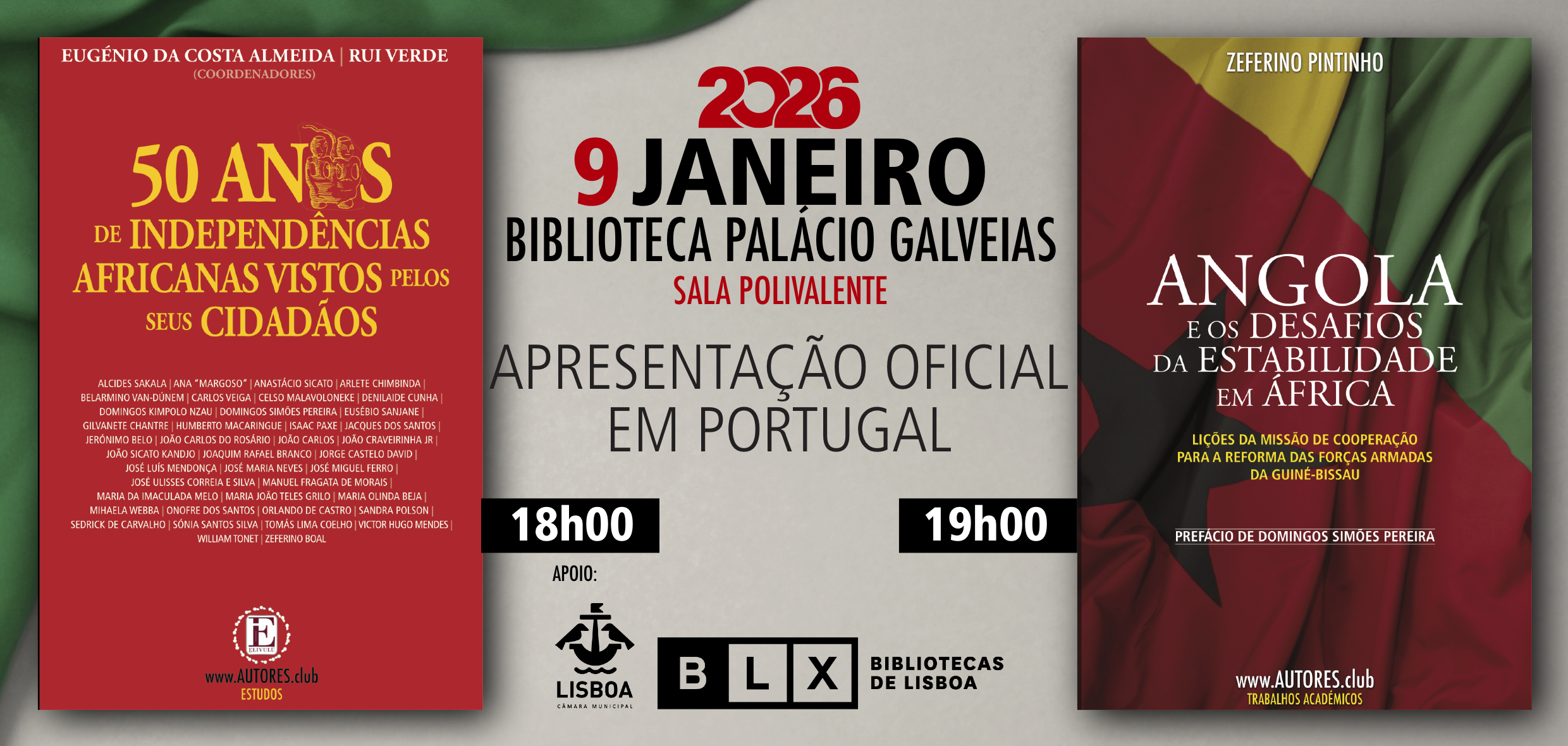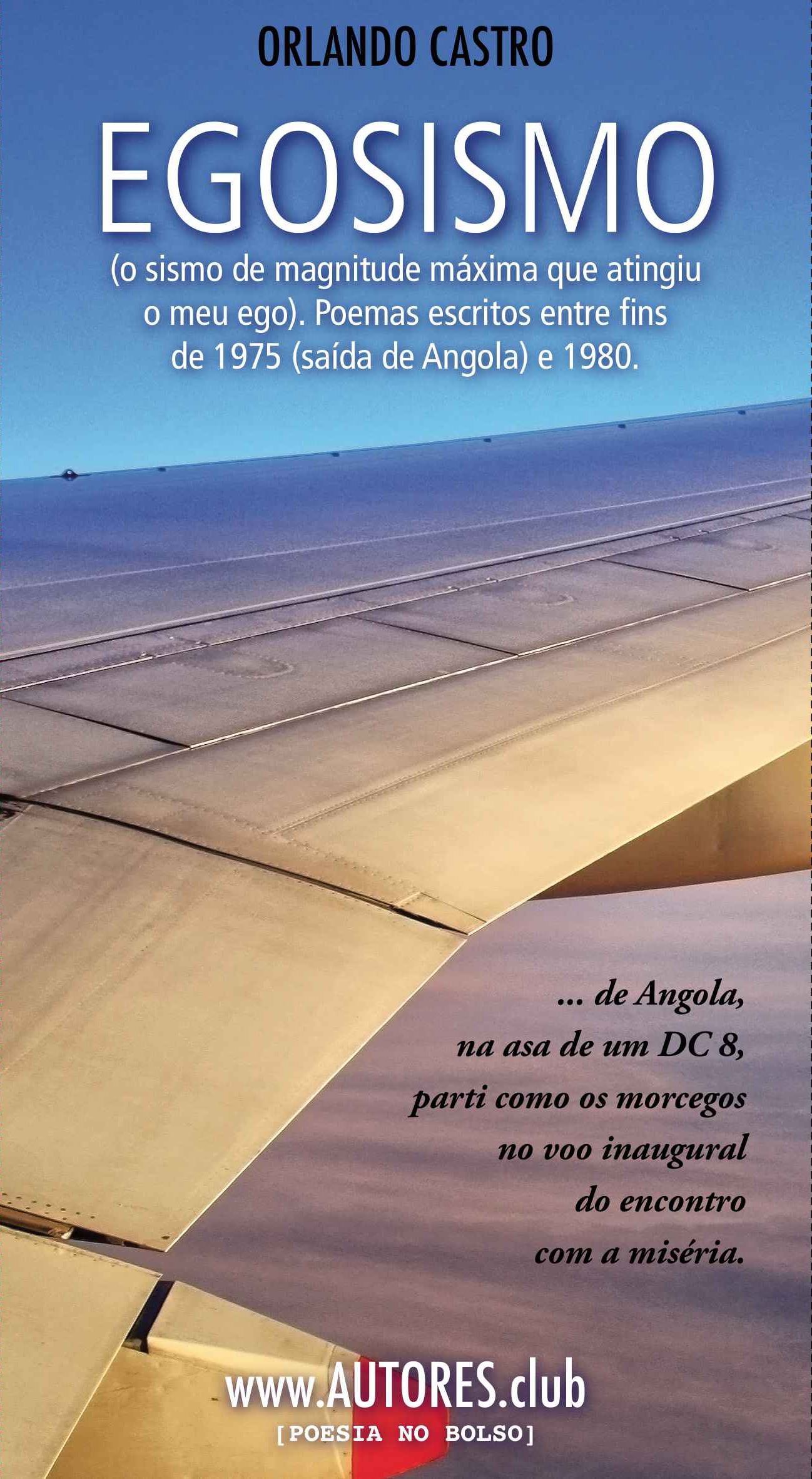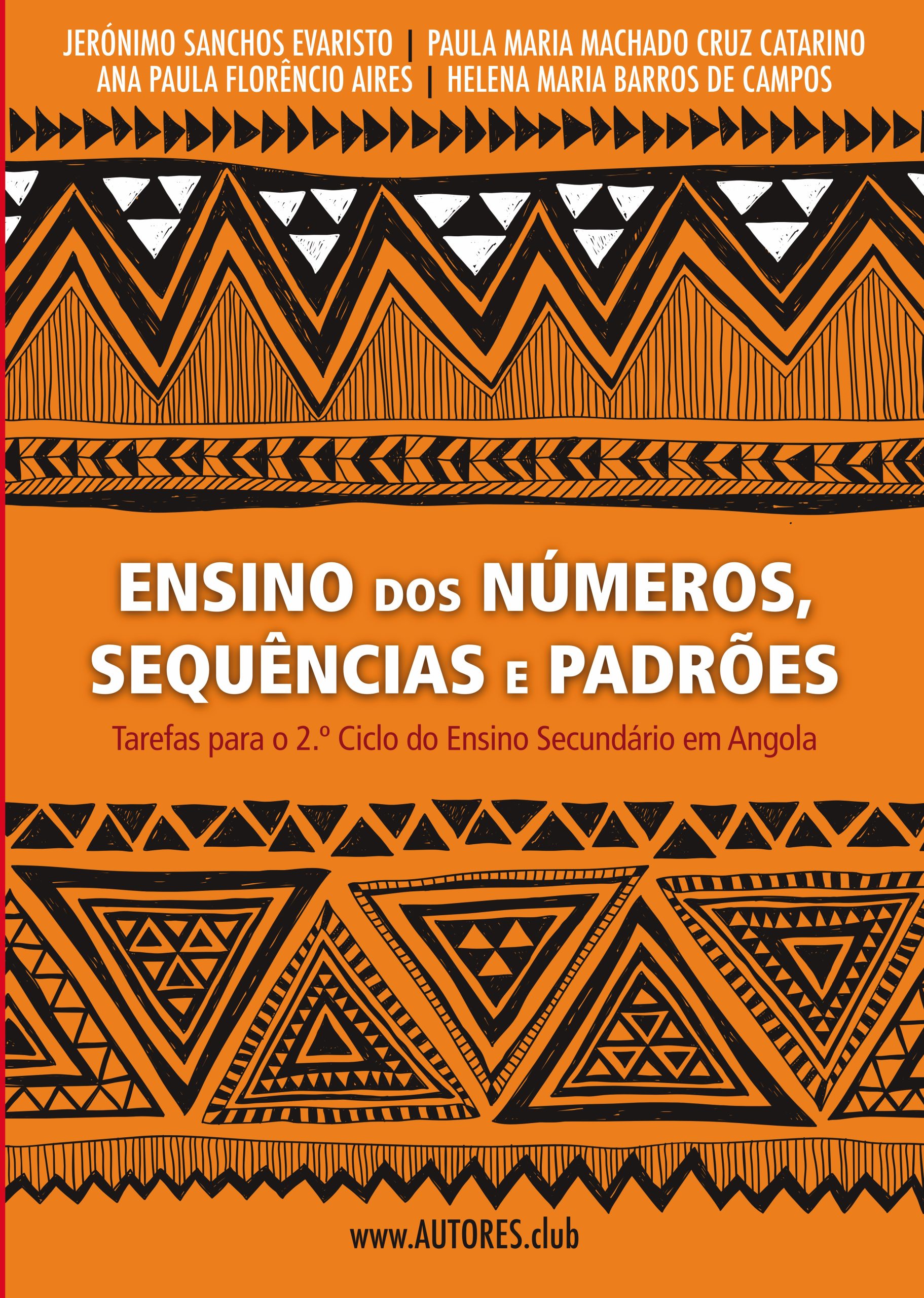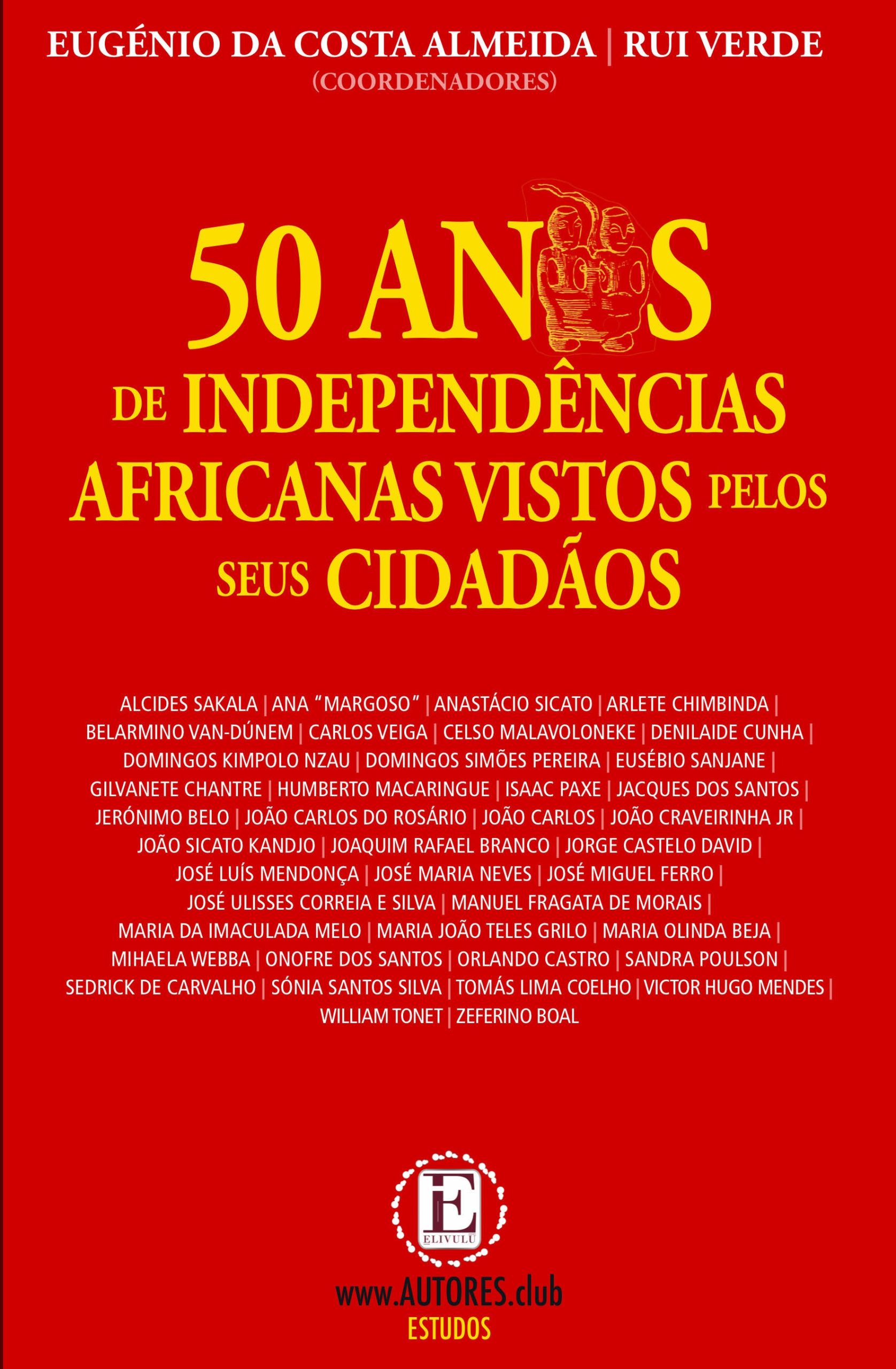Rui Verde apela a novo paradigma entre governos e povos
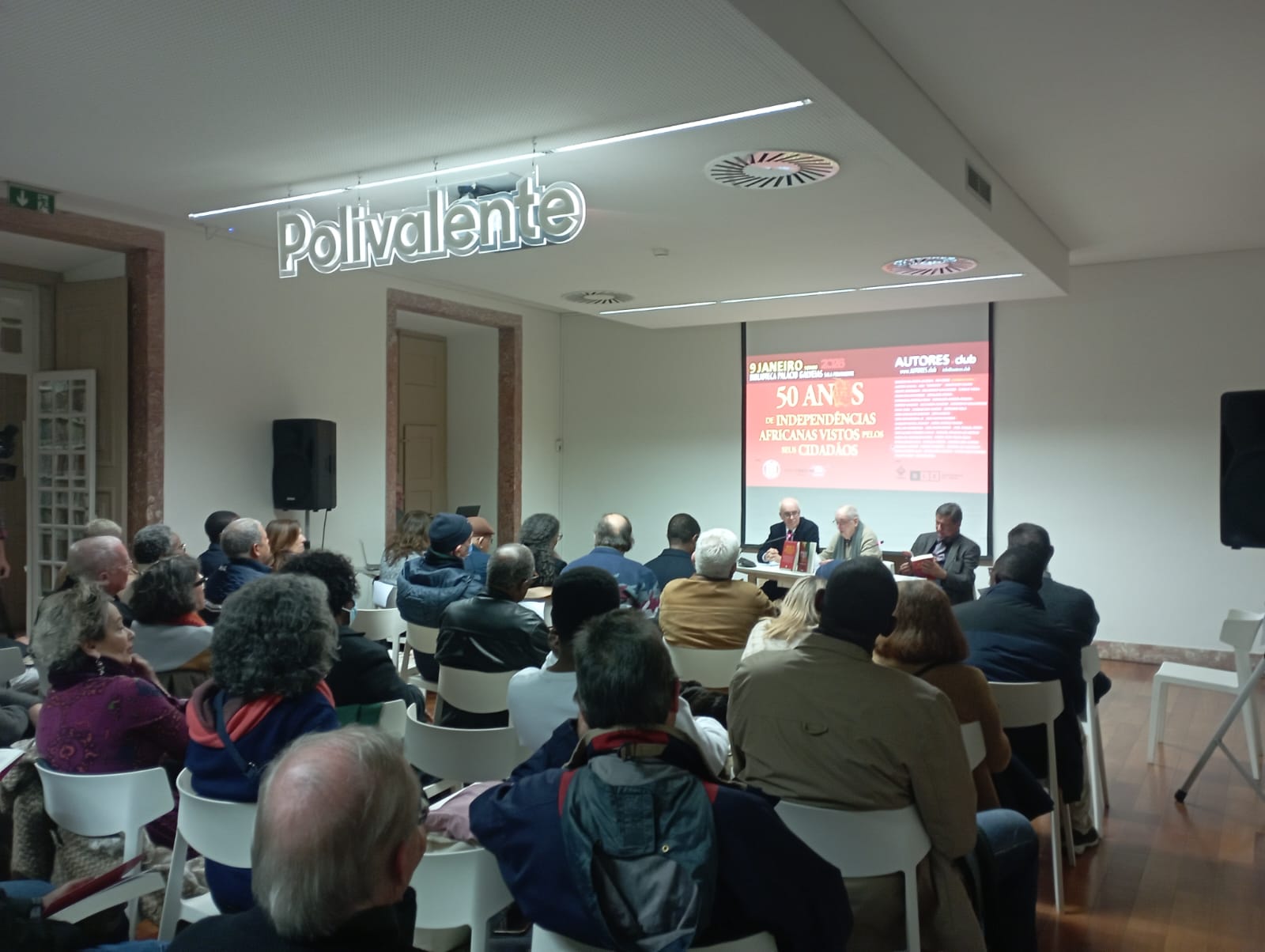
Lisboa – 9 de Janeiro de 2026 — Na sua intervenção na Biblioteca Palácio Galveias, que encheu o auditório com mais de uma centena de leitores e autores, o Prof. Doutor Rui Verde sublinhou que o livro 50 anos de Independências Africanas Vistos pelos seus Cidadãos representa, acima de tudo, uma expressão da sociedade civil africana, reunindo contributos maioritariamente independentes do poder político instalado.
Durante o lançamento, Rui Verde destacou que o grande impulso da obra pertence a Eugénio da Costa Almeida, assumindo o seu próprio papel como complementar no processo de coordenação. Mais do que um balanço histórico, o académico afirmou que o livro procura lançar um desafio político e cívico para o futuro das independências africanas.
O coordenador chamou ainda a atenção para a ausência significativa de representantes do poder governamental em países centrais como Angola e Moçambique, reforçando a leitura da obra como um espaço de reflexão livre. Nesse sentido, defendeu que os próximos 50 anos devem marcar o início de um novo paradigma, no qual governos e povos caminhem lado a lado, comprometidos com o bem comum, superando lógicas de distanciamento e isolamento mútuo.
A intervenção terminou com uma mensagem de esperança, expressando o desejo de que as próximas décadas sejam pautadas por maior convergência, participação cívica e cooperação entre o poder político e as sociedades africanas.
O evento foi organizado pela Perfil Criativo | AUTORES.club, afirmando-se como mais um relevante encontro de reflexão e diálogo sobre África no espaço cultural de Lisboa.


O livro uma edição conjunta da Elivulu e da Perfil Criativo reúne mais de 40 personalidades dos cinco PALOP, incluindo antigos chefes de Estado, políticos, diplomatas, académicos, escritores, artistas e representantes da sociedade civil. Cada autor partilha uma visão pessoal e crítica sobre os caminhos percorridos desde as independências até hoje, trazendo vozes diversas e perspectivas complementares.
Autores: Eugénio da Costa Almeida e Rui Verde (coordenadores), Alcides Sakala, Ana “Margoso”, Anastácio Sicato, Arlete Chimbinda, Belarmino Van-Dúnem, Carlos Veiga, Celso Malavoloneke, Denilaide Cunha, Domingos Kimpolo Nzau, Domingos Simões Pereira, Eusébio Sanjane, Gilvanete Chantre, Humberto Macaringue, Isaac Paxe, Jacques dos Santos, Jerónimo Belo, João Carlos do Rosário, João Carlos, João Craveirinha Jr, João Sicato Kandjo, Joaquim Rafael Branco, Jorge Castelo David, José Luís Mendonça, José Maria Neves, José Miguel Ferro, José Ulisses Correia e Silva, Manuel Fragata de Morais, Maria da Imaculada Melo, Maria João Teles Grilo, Maria Olinda Beja, Mihaela Webba, Onofre dos Santos, Orlando de Castro, Sandra Poulson, Sedrick de Carvalho, Sónia Santos Silva, Tomás Lima Coelho, Victor Hugo Mendes, William Tonet, Zeferino Boal
